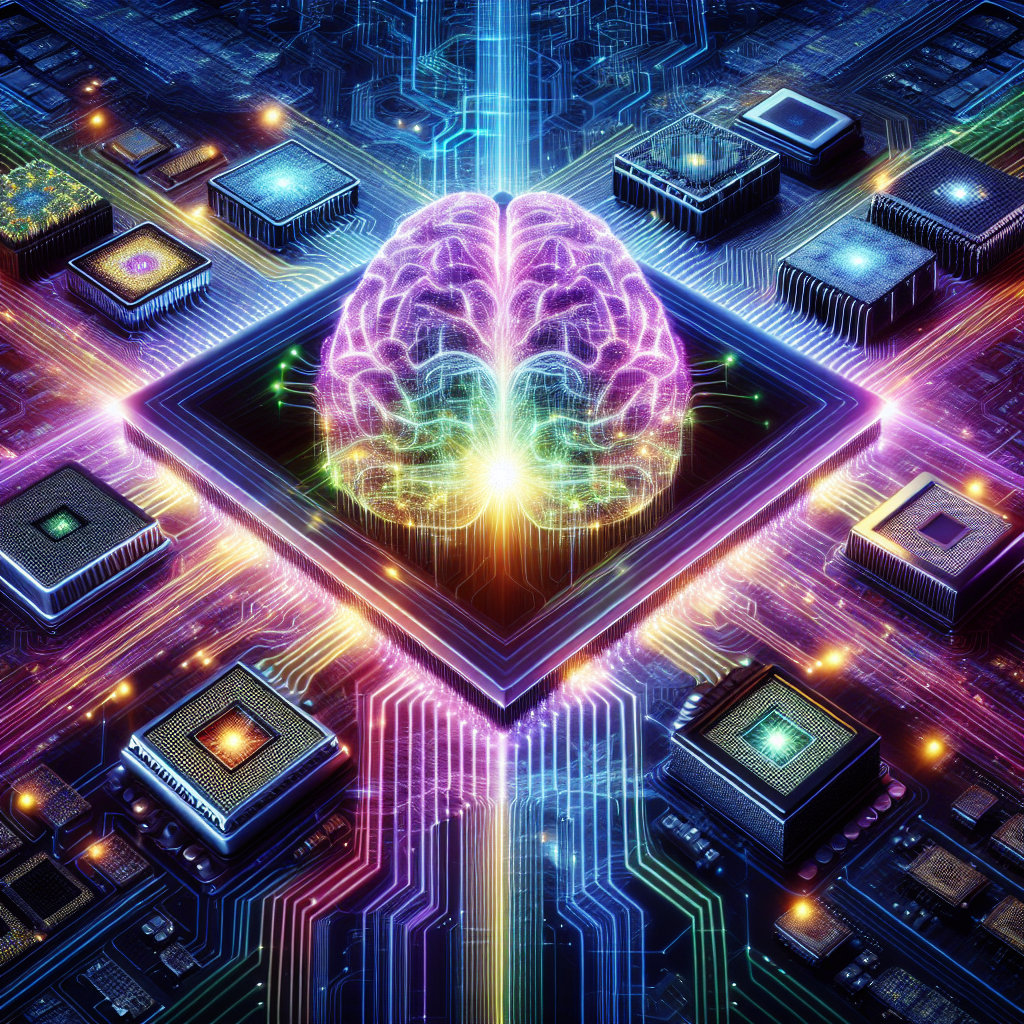In recent years, high-performance computing (HPC) has become increasingly crucial for advancing artificial intelligence (AI) and machine learning (ML) technologies. HPC refers to the use of supercomputers and parallel processing techniques to solve complex problems quickly and efficiently. As AI and ML algorithms become more sophisticated and data sets grow larger, the need for HPC has become essential to train models and perform computations at scale.
One of the key ways in which HPC is revolutionizing AI and ML is by enabling researchers to train deep learning models on massive data sets in a fraction of the time it would take with traditional computing resources. Deep learning algorithms, which are a subset of ML that mimic the way the human brain processes information, require vast amounts of data to learn and improve their performance. HPC systems can handle this data-intensive workload by distributing computations across multiple processors, significantly speeding up the training process.
Furthermore, HPC allows researchers to experiment with more complex neural network architectures and algorithms, leading to breakthroughs in AI and ML applications. For example, HPC has enabled advancements in natural language processing, computer vision, and autonomous systems, among others. These innovations have the potential to transform industries such as healthcare, finance, transportation, and more.
Another way in which HPC is transforming AI and ML is through its ability to perform real-time data analysis and decision-making. HPC systems can process and analyze massive amounts of data in seconds, enabling businesses to make informed decisions quickly and efficiently. This is particularly important in applications such as predictive maintenance, fraud detection, and personalized recommendations, where timely insights can lead to competitive advantages.
In addition, HPC is driving advancements in AI and ML research by enabling researchers to collaborate and share resources across institutions and disciplines. By leveraging shared HPC resources, researchers can access cutting-edge computing power and expertise, accelerating the pace of innovation in AI and ML.
Overall, high-performance computing is playing a critical role in revolutionizing artificial intelligence and machine learning by enabling researchers to train models on massive data sets, experiment with more complex algorithms, perform real-time data analysis, and collaborate across disciplines. As AI and ML continue to evolve, HPC will be essential in unlocking the full potential of these technologies and driving advancements in various industries.


Leave a Reply